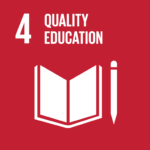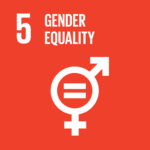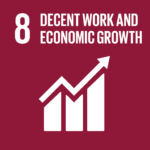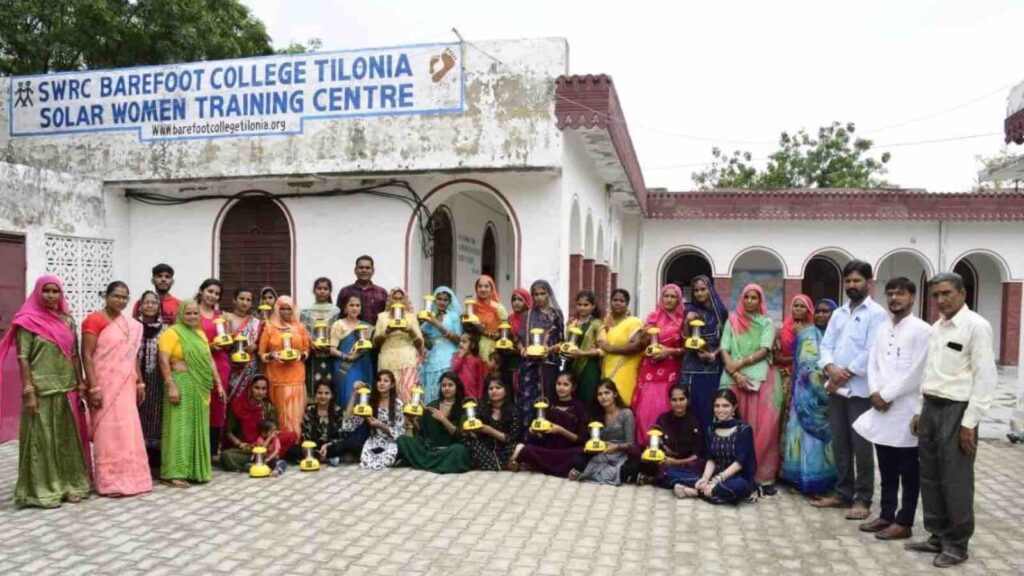From solar engineering to dentistry, from water conservation to education, this non-traditional learning center has trained thousands of rural women—known as Solar Mamas—to bring light, power, and self-reliance to the world’s most underserved communities.
In the heart of Tilonia, Rajasthan, an extraordinary institution is rewriting the rules of education, empowerment, and sustainability. Barefoot College, founded in 1972 by Bunker Roy, has become a beacon of transformation, proving that illiteracy is no barrier to knowledge and expertise. From solar engineering to dentistry, from water conservation to education, this non-traditional learning center has trained thousands of rural women—known as Solar Mamas—to bring light, power, and self-reliance to the world’s most underserved communities.
RELEVANT SUSTAINABLE GOALS



Today, the impact of Barefoot College is global:
- 75,000 homes electrified with solar energy
- 70 million liters of rainwater harvested
- 1,700 women trained as solar engineers across 96 countries
At a time when climate change, gender inequality, and energy poverty threaten millions, Barefoot College offers a radical solution rooted in local wisdom, hands-on learning, and sustainable practices.
Learning by Doing: The Barefoot Philosophy
Unlike conventional universities, Barefoot College operates on a simple yet revolutionary belief: practical knowledge is as valuable—if not more—than formal education.
“It is a myth that just because you can read or write, you are educated,” says Bunker Roy, a former Indian national squash champion turned social entrepreneur. His vision, shaped by Gandhian principles, challenges the rigid structures of mainstream education by training rural villagers in high-impact skills like solar engineering, rainwater harvesting, and nutrition—all without requiring formal degrees.
Walking through the Tilonia campus, visitors witness a self-sufficient world built by its own students—from solar-powered night schools to water filtration systems designed by villagers. The college’s approach, based on practice, experimentation, and community-driven solutions, has turned illiterate women into engineers, architects, and dentists—proving that knowledge is not a privilege, but a right
Solar Mamas: Grandmothers Turned Engineers
Perhaps the most powerful example of Barefoot College’s impact is its Solar Mamas program, where women from rural India, Africa, and South America learn to build, install, and maintain solar panels—a skill that electrifies entire villages.
In a sunlit workshop, women dressed in vibrant traditional clothing handle circuit boards and soldering irons with ease. Magan Kanwar, a former sanitation worker turned solar engineer, recalls how she struggled to read or write before coming to Barefoot College. Today, she has trained hundreds of women from Tanzania, Senegal, and Bhutan, helping them bring renewable energy to their communities.
“When I travel abroad, people stare at my clothes,” Kanwar laughs. “But I ask, what do my clothes have to do with my abilities?”
Since 1997, the Solar Mamas initiative has electrified 1,300 villages, replacing kerosene lamps with clean energy, and avoiding 45 million liters of kerosene pollution. With the support of India’s External Affairs Ministry and the International Renewable Energy Agency, the program is expanding worldwide, offering off-grid solutions to communities left behind by development.
Beyond Solar: A Radical Model for Rural Education
While solar energy remains a cornerstone, Barefoot College is equally committed to holistic rural development. Programs include:
- Barefoot Nutritionists, who create affordable nutritional supplements to combat child and maternal malnutrition.
- Barefoot Dentists, like Kesar Devi, a former daily wage laborer who now provides basic dental care in remote villages.
- Barefoot Teachers, who run solar-powered night schools to educate 100,000 out-of-school children across 10 Indian states.
By adapting education to fit local needs, Barefoot College ensures that learning is relevant, empowering, and immediately useful.
Challenges and the Future of Barefoot College
Despite its global impact, Barefoot College faces significant challenges. The lack of formal certification for its trainees limits their employment opportunities outside rural settings. Additionally, the institution has struggled with leadership succession, raising concerns about its long-term sustainability.
A legal battle with Barefoot College International (BCI)—a former fundraising arm that split from the original institution—has also diverted resources. In March 2023, Delhi High Court ruled in favor of Barefoot College, preventing BCI from using its name and branding. However, the confusion has disrupted funding channels at a critical time.
“Finding young individuals willing to work in villages is not easy,” admits Bunker Roy, now 77. As India’s middle class moves toward urban aspirations, the Gandhian ideals of self-sufficiency and rural empowerment risk fading into history.
Whether in a remote Rajasthani village or a small town in Sierra Leone, the lights installed by Barefoot’s Solar Mamas shine with a deeper significance—one of empowerment, resilience, and self-determination.
As the world seeks new solutions to energy poverty, gender inequality, and climate change, the Barefoot model stands as a testament to what’s possible when we trust communities to be their own architects of change.
Lead image courtesy of Barefoot College
You may also be interested in :
Women In The Digital Economy Fund Launches $500,000 Grants To Bridge India’s Gender Digital Divide




